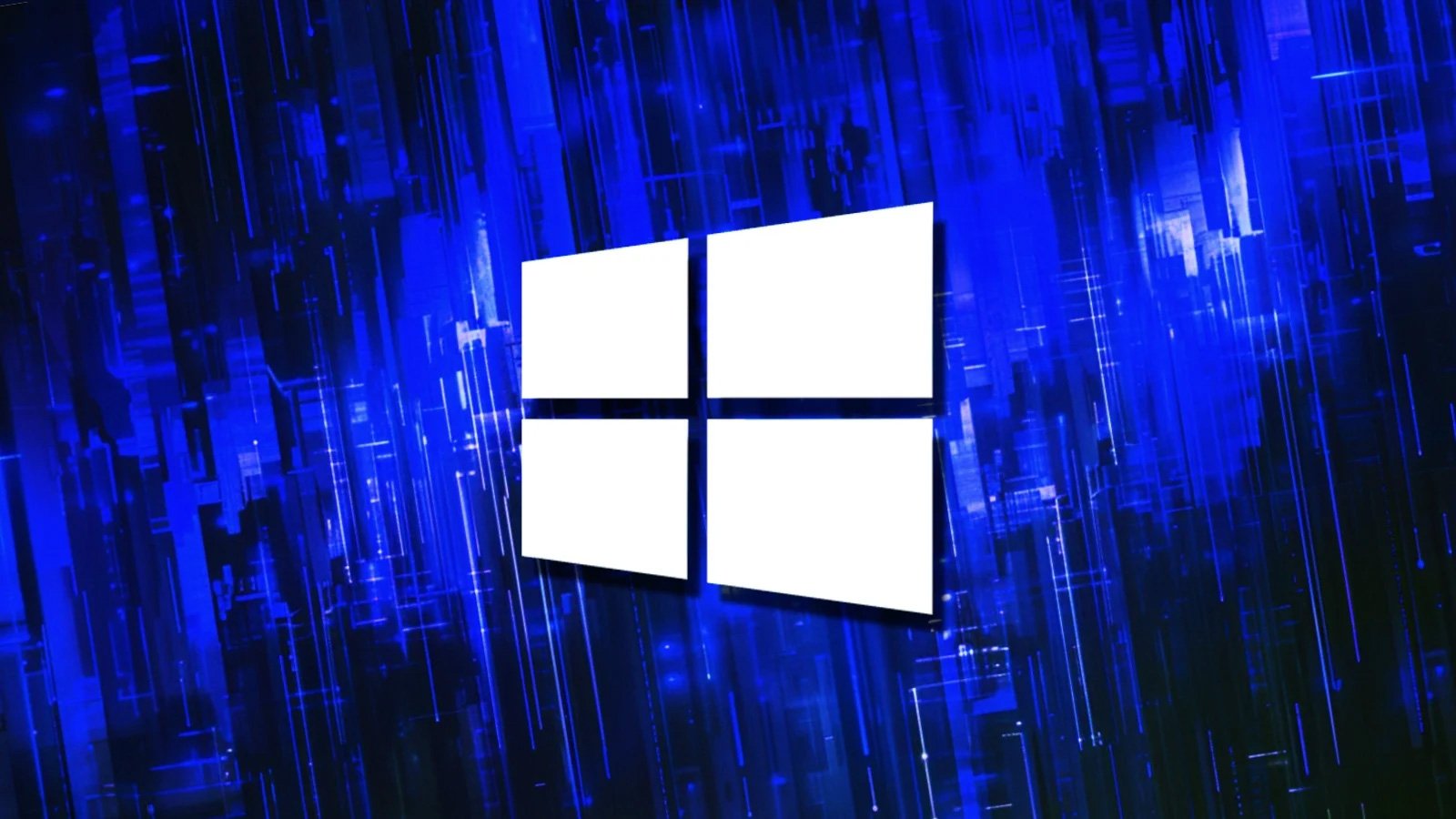
Microsoft has released the July 2024 preview update for Windows 10, version 22H2, with fixes for Windows Defender Application Control (WDAC) issues causing app crashes and system memory exhaustion.
KB5040525 is a monthly optional cumulative update that helps Windows administrators test fixes and improvements that will be included with the August 2024 Patch Tuesday release.
This allows testing changes before they roll out via the mandatory Patch Tuesday Windows update cycle, ensuring a smoother, more reliable experience for end users. Also, unlike Patch Tuesday cumulative updates, preview updates do not include security updates.
KB5040525 fixes a WDAC memory leak that may exhaust system memory as time passes when provisioning a device and a bug that triggers app failures when applying WDAC Application ID policies.
It also addresses a known Windows Backup issue where backups will sometimes fail for devices with an Extensible Firmware Interface (EFI) system partition (ESP).
Users can install this update by going into Settings, clicking on Windows Update, and clicking on ‘Check for Updates.’ Since this is an optional cumulative update, you will be asked whether you wish to install it by clicking the ‘Download and install’ link.
Windows 10 users can also manually download and install the update from the Microsoft Update Catalog.
More highlights in Windows 10 KB5040525
This optional release includes additional fixes and improvements and will update Windows 10 22H2 to build 19045.4717.
Other highlighted fixes and new features in July’s non-security preview update include:
- This update addresses an issue with the Print Support App: when you use it with a USB device, it stops responding and does not print. This issue also limits the functions of the user interface.
- This update addresses an issue with Universal Print clients failing to communicate with the Universal Print service, which affects printing functions. This issue occurs when you turn on Web Proxy Auto Discovery (WPAD).
- This update adds to the Windows Kernel Vulnerable Driver Blocklist file (DriverSiPolicy.p7b) drivers at risk for Bring Your Own Vulnerable Driver (BYOVD) attacks.
If you use Windows 10 versions 2004, 20H2, 21H1, or 21H2, you can upgrade to Windows 10 22H2 using an enablement package to activate the Windows 10 version 22H2 features.
The complete list of changes included with this update is included in the KB5040525 support bulletin published by Microsoft on Tuesday.
